Global PPC Survey: 98% of advertisers use Google Ads
Results of a global PPC survey just released by Amsterdam-based paid search audit providers Trueclicks show that Google Ads (excluding YouTube) is the PPC platform most used by advertisers worldwide, with an overall adoption rate of 98% and regional adoption as follows:
- Continental Europe 98%
- North America 96%
- UK & Ireland 97%
- South & Southeast Asia 97%
- Australia & New Zealand 100%
- Middle East 96%
Facebook and Instagram consistently came in at #2 and #3, with regional adoption rates ranging from 65%-96% (Facebook) and 58%-92% (Instagram).
Some marked regional differences in platform adoption are:
- Microsoft Advertising is less used in the Middle East (24% vs. global average of 67%).
- Amazon Ads are more popular in North America (25%) than in other regions (17% average).
- Reddit is used more in North America (19%) vs. Continental Europe (7%).
- Snapchat (36%) and Yandex (16%) are used more in the Middle East than in other regions.
Global adoption of Google PPC by advertiser monthly spend is pretty consistent:
- Less than $5K (91%)
- $5K-$50K (97%)
- $50K-$500K (99%)
- $500K - $3M (100%)
- More than $3M (96%)
Marketers reported that most-used Google paid search products are:
- Google Search text ads (94%)
- Performance Max campaigns (74%)
- Standard shopping campaigns (62%)
Across organizations managing PPC campaigns, the most common monthly ad spend is $50K-$500K:
- In-house at advertisers: 41%
- Agencies: 39%
- PPC Freelancers: 38%
Goals for 2024 PPC campaigns cited by respondents were:
- Efficient growth - more results but meeting efficiency targets (ROAS, CPA, etc.) 72%
- Improved efficiency - more results from same budget 19%
- Aggressive growth - more results with lower efficiency 7%
- Decreased spend while maintaining results 2%
When asked if managing PPC campaigns is harder or easier now that 2 years ago, respondents said:
- Somewhat easier 14%
- Much easier 2%
- Somewhat harder 38%
- Much harder 11%
- About the same 35%
So more said "harder" than "easier" (49% vs. 16%).
Factors respondents said are making PPC campaign management harder in 2024:
- Less control over campaigns because of automated bidding, Performance Max, loosening of Exact Match (#1 issue cited by 49%)
- Fewer data available, Google hiding data
- Increased competition leading to higher CPCs, lower efficiency (CPA, ROAS)
- Tracking and attribution more difficult
- Automation making it difficult to get a competitive edge
- Privacy issues: regulation, loss of 3rd-party cookies
Challenges in agency-client relationships cited by respondents included:
- Expectation management: clients' expectations unreasonable (#1 issue)
- Client education: how things work, what to expect
- Client satisfaction: keeping them happy
- Time management: scope creep, capacity management
- Insufficient access to client data
- Communication: reporting, getting client feedback
- Budgets not getting results, or getting cut
Agency pricing models:
- Flat fee based on monthly spend (tiered model) 20%
- Billable hours 19%
- Different for each client 16%
- Flat fee + percentage of spend 15%
- Flat fee (other) 11%
- Percentage of spend under management 8%
- Performance based 2%
- Other 3%
- Don't know/didn't answer 6%
Pricing by billable hours is significantly different in prevalence between North America (11%) and Continental Europe (28%). One American respondent commented:
“Especially for agencies who provide the type of tangible value
created by PPC programs, simply billing for time is a wildly
suboptimal way to capture the value created for clients."
How agencies pay for software used on behalf of clients:
- Consider as overhead 57%
- Charge clients for technology used for them 17%
- Charge all or most clients a "technology fee" 10% (predominantly agencies managing more than $3M/month)
- Other 4%
- Don't know 12%
Trust in Google ads has taken a hit this year, as respondents rated how their level of trust has changed in 2024 vs. 2023:
- Considerable lower 20%
- Slightly lower 34%
- About the same 31%
- Slightly higher 10%
- Considerably higher 6%
Google Ads campaigns and targeting options respondents said they use "always" or "often" (top 5):
- Exact match keywords 75%
- Phrase match keywords 69%
- Performance max with product feed 51%
- Dynamic Search Ads 50%
- Display campaigns for retargeting 48%
Google Ads bid strategies respondents said they use "always" or "often" (top 5):
- Maximize conversion value with tROAS 60%
- Maximize conversions with tCPA 55%
- Maximize conversions 53%
- Maximize conversion value 46%
- Manual CPC 28%
Comment: Use of Manual CPC continues to hang on, but automated bid strategies will overcome it sooner or later. Don't get left behind.
And if you have business customers, please take a look at my B2B Lead Generation Service. The internet is full of tech and ad “experts” who claim to be able to deliver more customers and more money for B2B businesses. But I'm different...

 - David
- David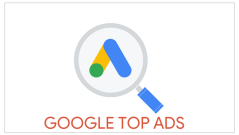
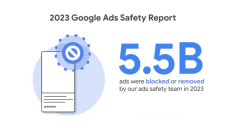
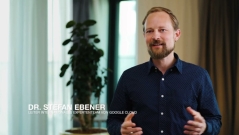
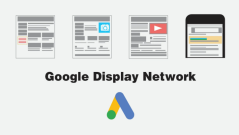
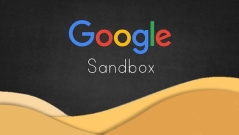
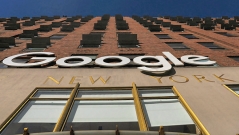
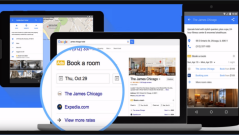
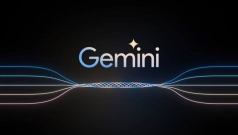
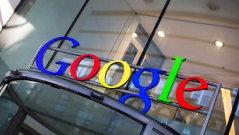
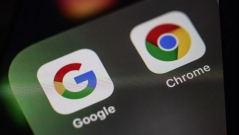
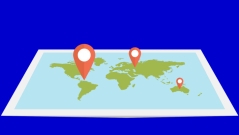
Comments on Global PPC Survey: 98% of advertisers use Google Ads